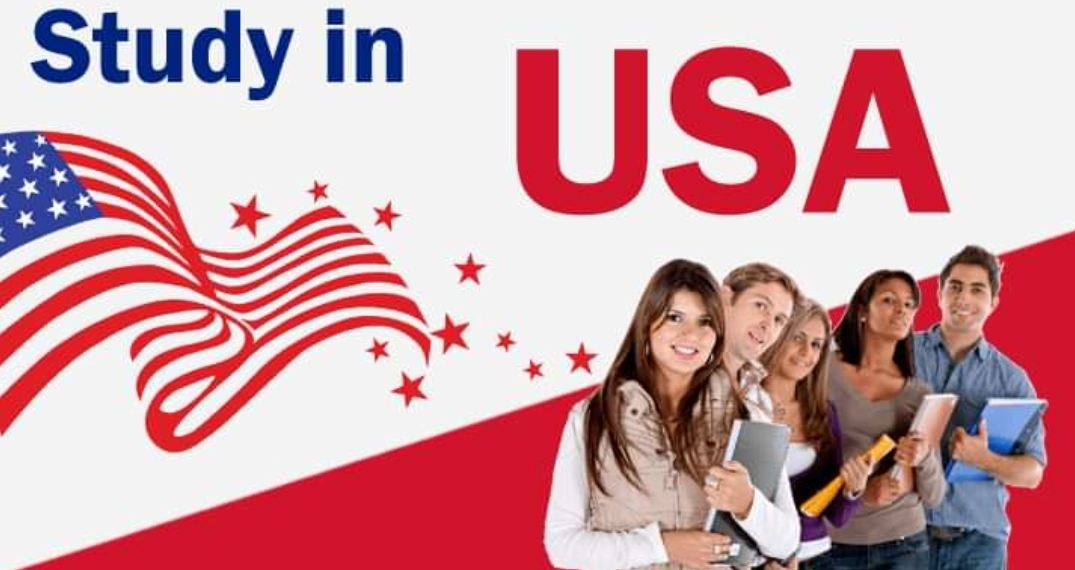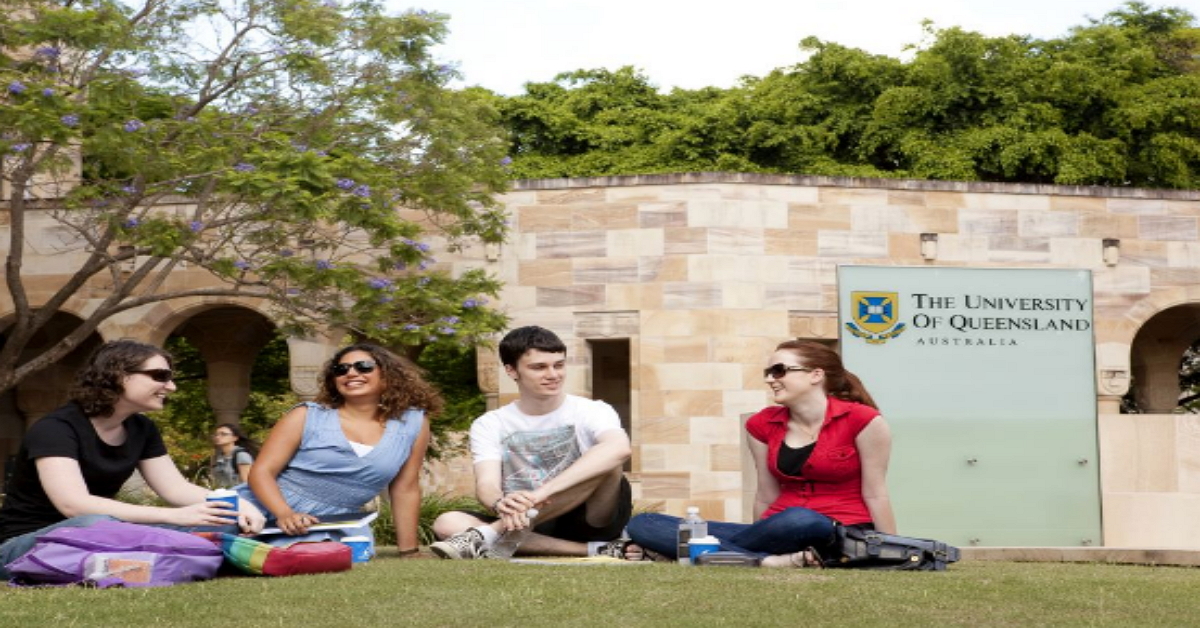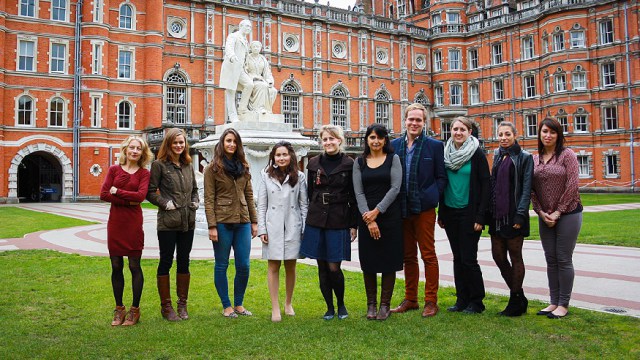Study and Work in USA: Can an International Student in the USA work to pay Tuition?
Yes, you can work in the United States as an international student. However, the type of work and the specific job that you can get are limited.
Study and Work in USA mode was designed for international students who want to go to the United States for higher education and work.
Can an International Student in the USA work to pay Tuition?
Anyone who tells you, you can come to the USA as a student and then work to pay your tuition and living expenses is deceiving you.
One of the conditions for approving your F1 Visa is that you have proven to the Visa Officer (VO) that you either have savings to pay your tuition and living expenses or you have someone who will sponsor you.
As a student in the USA, you cannot work for more than 20 hours a week legitimately. At the best rates, you get paid $14 an hour. That’s $1120 a month before tax and around $1k after tax.
By the time you are done paying rent, utilities, health insurance, groceries, and phone bills, you are left with nothing to pay for Tuition.
Inability to pay your tuition will mean you won’t be able to register for classes the next semester and once that happens, you are out of status and on the next flight to MMIA.
However, there is a hack. There are some skills you can monetize here to make some extra cash. For instance, the guy who barbs my hair makes at least $600 a week. (I know this cause I asked him). He works from his room only during the weekend. That’s about $2,400 extra income every week. With this amount, he can comfortably pay his tuition. This is just one example.
Also, try and have one digital skill that you can monetize. The market here will pay you higher for it than in Nigeria.
Bottom line, don’t come to the USA to study if you don’t have plans on how to sustain your stay here financially. You will be depressed.
What of those on fully-funded scholarships, can they work 20 hours a week?
Most fully funded scholarships in the USA are actually graduate assistantships, meaning you are employed directly by the school (your 20 hours weekly). Tuition is waived and you are paid a stipend monthly for living expenses.
You won’t be able to work in any other place.
What if you go with your spouse, Can the spouse work full time?
Your spouse will be on an F2 visa. They can’t do any legitimate job. Only under-the-table jobs.
An F2 visa is like a dependent visa for someone whose spouse is studying in the USA.
Under the table job is unofficial work.
But how can one get admission into a college in the USA for Masters?
Colleges generally do not offer master’s degrees. Except you are referring to college as a subdivision of a university, something like college of medicine, college of engineering, etc.
Like you have here in Nigeria, after university you can still do your master’s, if someone wants to apply for master’s in the USA.
Start by researching the school that has a program you need and the requirements.
What if you get content writing gigs/jobs? Is there any way that it contributes to your maximum eligible number of work hours?
That will be an unofficial job. So a remote job for instance from Upwork, Fiverr, etc is unofficial and won’t count.
What if you get connected to a broker and get accepted to work together, is it good to go?
You can’t work outside the school.
Can an International Student Study and Work in USA?
Yes, International Students can study and work in USA. If you are currently enrolled in school and have completed your academic program, many schools allow students to participate in an Optional Practical Training (OPT) program that allows U.S. employers to sponsor an international student to work for a limited period of time (typically 12 months) after graduation.
International students can study and work in USA through various programs. You can start with a Student Visa or an Exchange program. After studying there, you may apply for work authorization by applying for OPT and/or H-1B visa
Conclusion
Students looking to study in USA should take note that the requirements are different. Most colleges and universities will require at least a high school diploma equivalent before they will allow you to study there.






